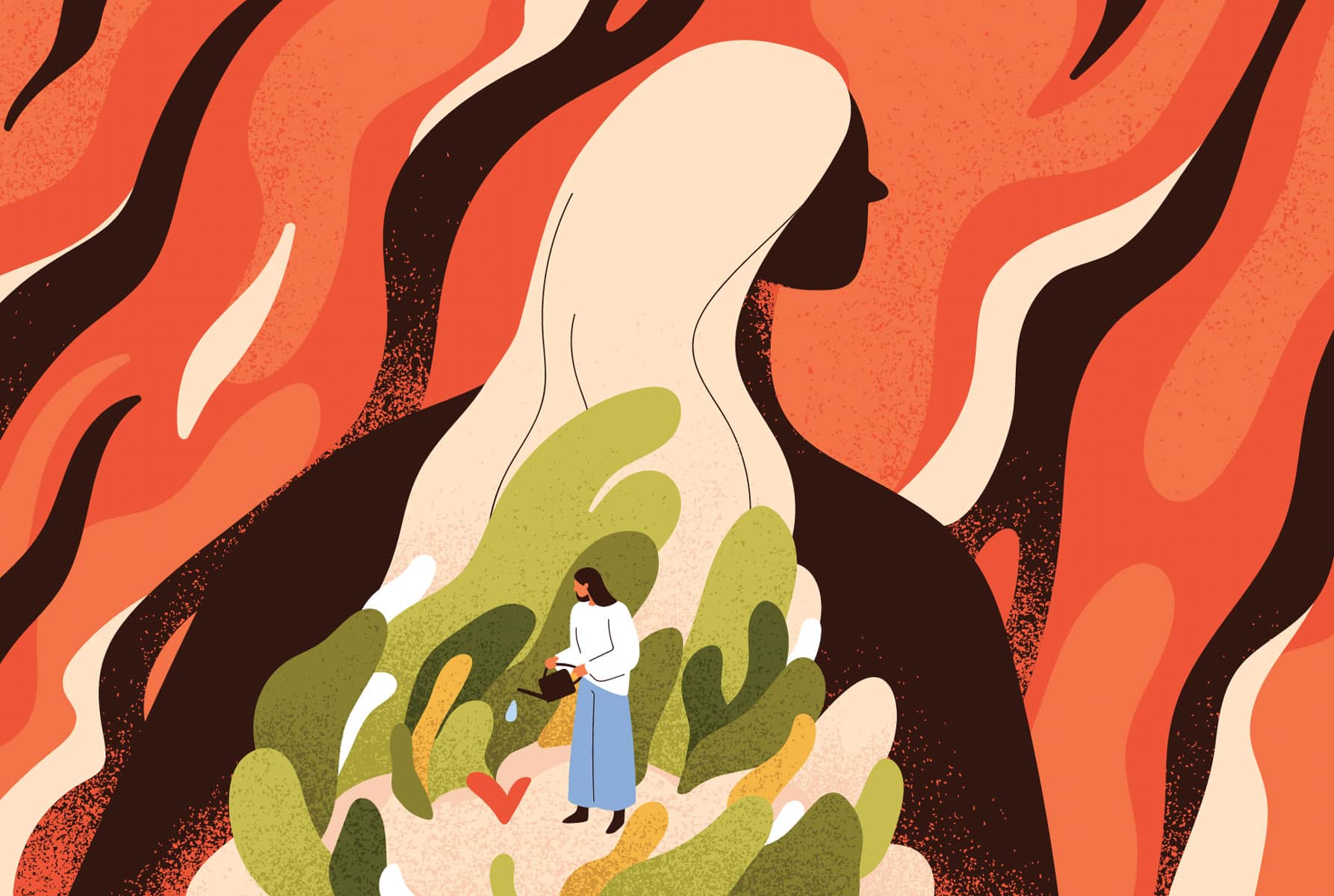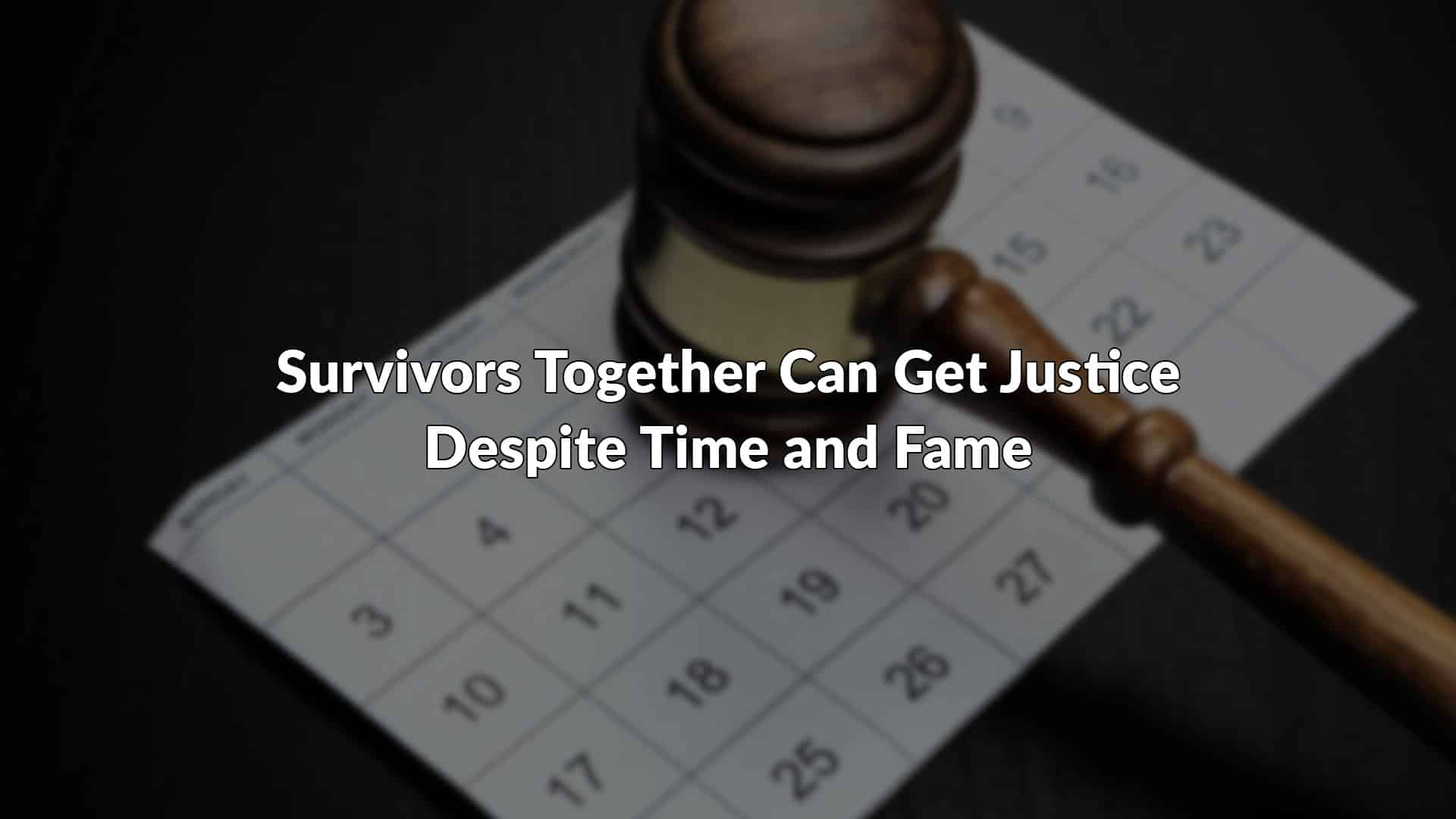A new bill from At-large Councilmember David Grosso would decriminalize sex work in the District.
“The reason I want to do it, in a nutshell, is I do not think the criminalization of sex workers has worked for the District of Columbia,” Grosso said in an interview with DCist earlier this week. “Arresting our way out of the problem is not the solution. The approach should be a harm reduction and human rights approach.”
As drafted, the Reducing Criminalization to Promote Public Safety and Health Amendment Act of 2017 gets rid of all criminal penalties for “pandering or inducing an individual to engage in prostitution” for consenting adults. It does not create any red light districts or way of regulating sex work, and coercing people against their will to engage in sex work remains illegal.
Grosso has been preparing the legislation in concert with the Sex Worker Advocates Coalition, a group of local stakeholders that includes HIPS, Whitman-Walker, and more. The bill would also create a task force to study its implementation and make further suggestions for reform.
“This is an approach that the world is being encouraged to take—to take a healthcare lens and try to resolve the issues,” says Grosso, citing recommendations from groups like Amnesty International and the World Health Organization.
While prostitution has been legal in some parts of Nevada in the form of brothels for more than a century, what’s often called “the world’s oldest profession” remains criminalized in the rest of the United States. An effort to decriminalize prostitution via referendum in San Francisco failed in 2008, after heavy criticism from city officials at the time. Kamala Harris, then the city’s district attorney and now a rising star senator, said the measure “would put a welcome mat out for pimps and prostitutes to come on into San Francisco.”
But in the near decade since then, there’s been a shift in perspective alongside a growing international movement further popularizing the policy change that sheds stigma in favor of pragmatism.
The idea is that if sex workers don’t fear arrest, they’ll be able to access healthcare and other services. One 2014 study from The Lancet found that decriminalizing sex work could “have the largest effect on the course of the H.I.V. epidemic.”
Proponents also say that legalizing prostitution would make it easier for workers to inform authorities when they observe instances of sex trafficking, defined as coercive sex work or that involving minors.
Guillaume Bagal, the president of the Gay and Lesbian Activists Alliance, says that decriminalization “helps people who are trafficked by making it easier to report things” because they don’t fear arrest.
Arrest records can preclude future opportunities, explains Yvette Butler, the director of policy and strategic partnerships at the Amara Legal Center, which provides free legal services to people involved in commercial sex work.
“When they get a criminal record, it makes it hard for them to get a different kind of employment and housing,” says Butler. With decriminalization, “we think a lot of people would be able to leave sex work just because they would have more options open to them.”
The bill decriminalizes buying as well as selling sex, differing it from the “Nordic Model” implemented countries like Sweden, which increases the punishment for johns. “If you still criminalize the person requesting or paying for it, you still drive it underground,” says Grosso. “It doesn’t create more opportunities for people to get the kind of services that they need.”
From the beginning of 2017 to August 10, there have been 166 prostitution-related arrests by D.C. police, according to data provided to DCist by the department. Of those, 144—the vast majority—have been for sexual solicitation and three have been for sex trafficking of children. Every year since 2013, sexual solicitation charges—which could mean inviting, enticing, offering, persuading or agreeing to engage in prostitution—have dwarfed all other forms of prostitution-related arrests.
MPD says its strategy is “to deter prostitution through active patrols, as well as trying to get resources to the individuals involved in the sex trade through the District government and private social services.”
Grosso disagrees with how MPD says it handles sex work. “Police have not changed their approach,” he says. “I remember when I was a kid in the District and [police] were corralling street sex workers and pushing them over the 14th Street Bridge to Virginia. Even then I knew it was the dumbest thing I’ve ever seen.”
Prostitution-related arrests in D.C. were down in 2016 to a total of 216. They were 714 in 2015, 596 in 2014, and 890 in 2013, per MPD.
Cyndee Clay, the executive director of HIPS, an advocacy group that works towards the health and rights of sex workers, has characterized the arrests of sex workers to DCist as a “band-aid.” While it’s difficult to get data on precisely how many people in D.C. engage in sex work, she said that HIPS’ mobile outreach program now serves an average of 30 sex workers per night.
Grosso, Clay, and Latina transgender LGBTQ advocate Laya Monarez will announce the decriminalization bill at HIPS headquarters on Thursday morning and introduce it at the D.C. Council afterward.
As of Thursday morning, At-large Councilmember Robert White has agreed to co-introduce the legislation.
But Grosso says his major “ask of my colleagues [is] to be supportive of public discussion … The only thing left will be the moral question. It’s about treating people with dignity, respect, and love, over whatever they were taught in church or whatever hangups they have about sex.”
Alison Gil, an LGBTQ advocate and attorney who participated in crafting the legislation, says that the measure embraces Christian values, because “one of the major tenets is caring for the poor and unfortunate. We’re not accomplishing that by criminalizing sex work.”
Previously:
After Community Complains About ‘Visible Prostitution’ On One Corner, A Series Of Street Sweeps
Updated with news of co-introducer Robert White, and to reflect that Guillaume Bagal was speaking as the president of the Gay and Lesbian Activists Alliance, not on behalf of Whitman-Walker.
Original Source: http://dcist.com/2017/10/new_bill_would_decriminalize_sex_wo.php



